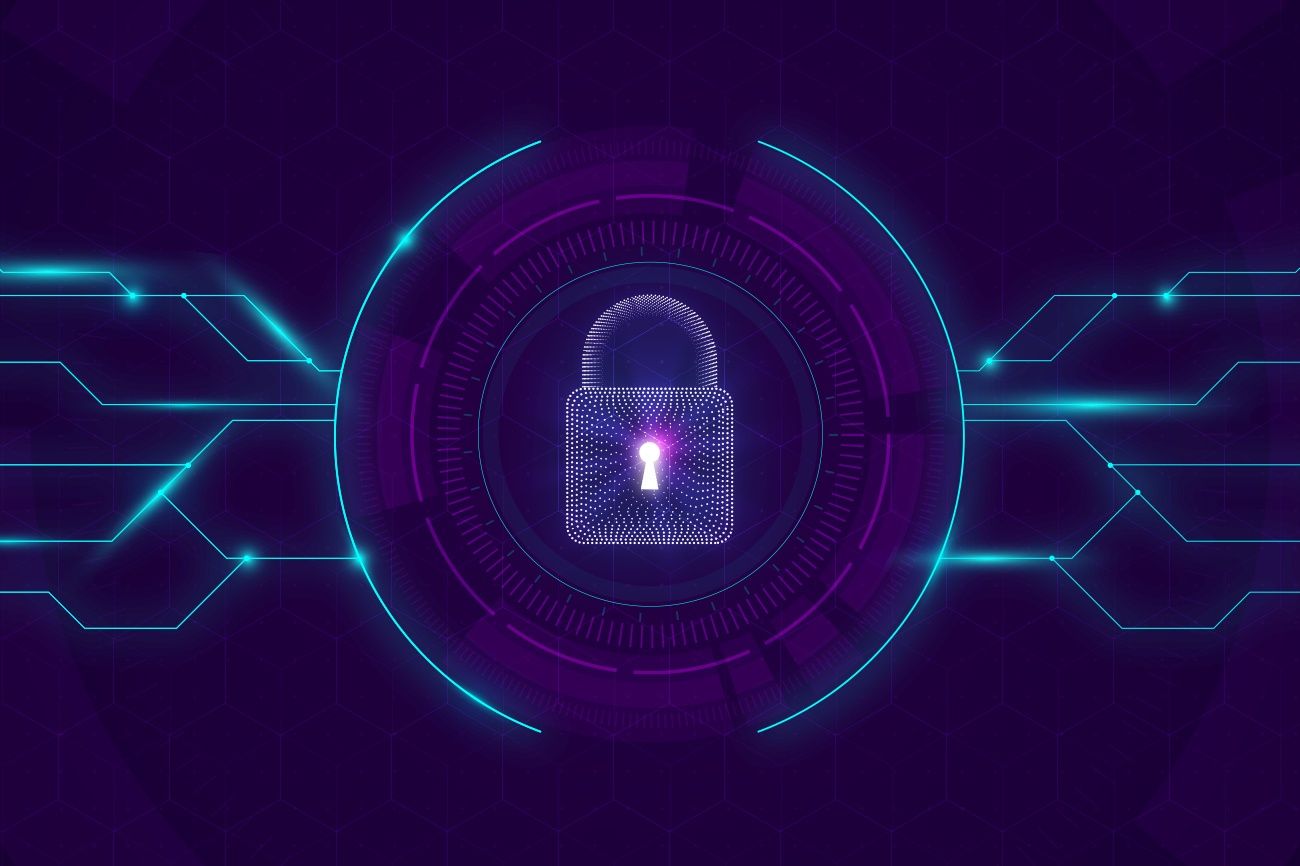In a time defined by digital progress, with the omnipresent shadow of cyber threats, the importance of strong cybersecurity measures cannot be overstated. This reality highlights the significance of cybersecurity degrees for individuals and businesses looking to enhance their digital security.
The increasing need for cybersecurity education is evident, as it not only protects against online threats but also unlocks many career opportunities. Let's delve deeper into why cybersecurity degrees are vital in today's digital era.

-
The Growing Need for Cybersecurity Degrees
In recent years, the frequency and complexity of cyber attacks have surged, making headlines almost daily. These threats can range from ransomware and phishing to data leaks, causing significant financial and reputational damage. Cybersecurity degrees provide individuals with the necessary skills and knowledge to combat these evolving threats effectively.
-
Formal Education: Cybersecurity academic programs lay the foundation for crucial security principles, technologies, and strategies necessary for developing effective countermeasures against cyber incursions.
-
Hands-on Experience: These courses integrate practical workshops and simulations to prepare students to face and resolve cybersecurity challenges encountered in actual settings.
-
Professional Edge: Earning a cybersecurity degree signifies a dedication to the field and mastery over essential protective skills, positioning candidates favorably in the competitive IT job market.
-
Heightened Growth Opportunities: With a specialized degree in cybersecurity, individuals can pursue various high-ranking and influential roles across several sectors, steering their careers toward growth and innovation.
-
-
Combating Cyber Threats through Academic Insights
The evolving nature of digital threats, with their advanced tactics and significant implications, necessitates a proficient workforce trained through cybersecurity education.
-
Identification and Mitigation: Students are trained in detecting, assessing, and neutralizing a range of cyber threats, from basic phishing scams to complex ransomware attacks.
-
Strategic Defense Implementation: Students learn to enact strong security protocols and encryption techniques to effectively protect networks and confidential data.
-
Efficient Crisis Handling: Cybersecurity courses equip students for immediate response to cyber incidents, enhancing their ability to perform thorough investigations, minimize damage, and restore system functionality.
-
Compliance Mastery: A deep understanding of cybersecurity regulations is essential for maintaining organizational compliance with legal mandates and industry norms.
-
-
Expanding Career Horizons in Cybersecurity
With technological proliferation and the intensifying scope of cyber threats, the call for skilled cybersecurity professionals has never been more urgent. Graduates with a degree in cybersecurity have a plethora of career options available, including:
-
Security Analyst: Tasked with continuously scrutinizing and improving security measures to preclude exploitations and deter invasions.
-
Ethical Hacker: Employs controlled cyber attacks to pinpoint and reinforce system vulnerabilities, enhancing security frameworks.
-
Security Consultant: Provides expert advice on security practices, risk management, and compliance to various organizations.
-
Incident Manager: This person oversees the resolution of cyber incidents, conducts breach inquiries, and formulates remediation strategies to reinstate system operability.
-
Cryptographer: Creates sophisticated cryptographic solutions to secure data privacy, integrity, and authentication measures.
-
Security Architect: Architects with durable network and application environments to repel online threats efficiently.
-
Obtaining a formal cybersecurity education is crucial in the modern digital landscape, which is marked by a rising wave of cyber breaches. Such academic pursuits equip learners with the expertise to combat digital dangers and unlock various sought-after career opportunities.
As technology continually integrates into our daily lives, cybersecurity expertise has become more vital than ever, making cybersecurity education more significant than ever.
